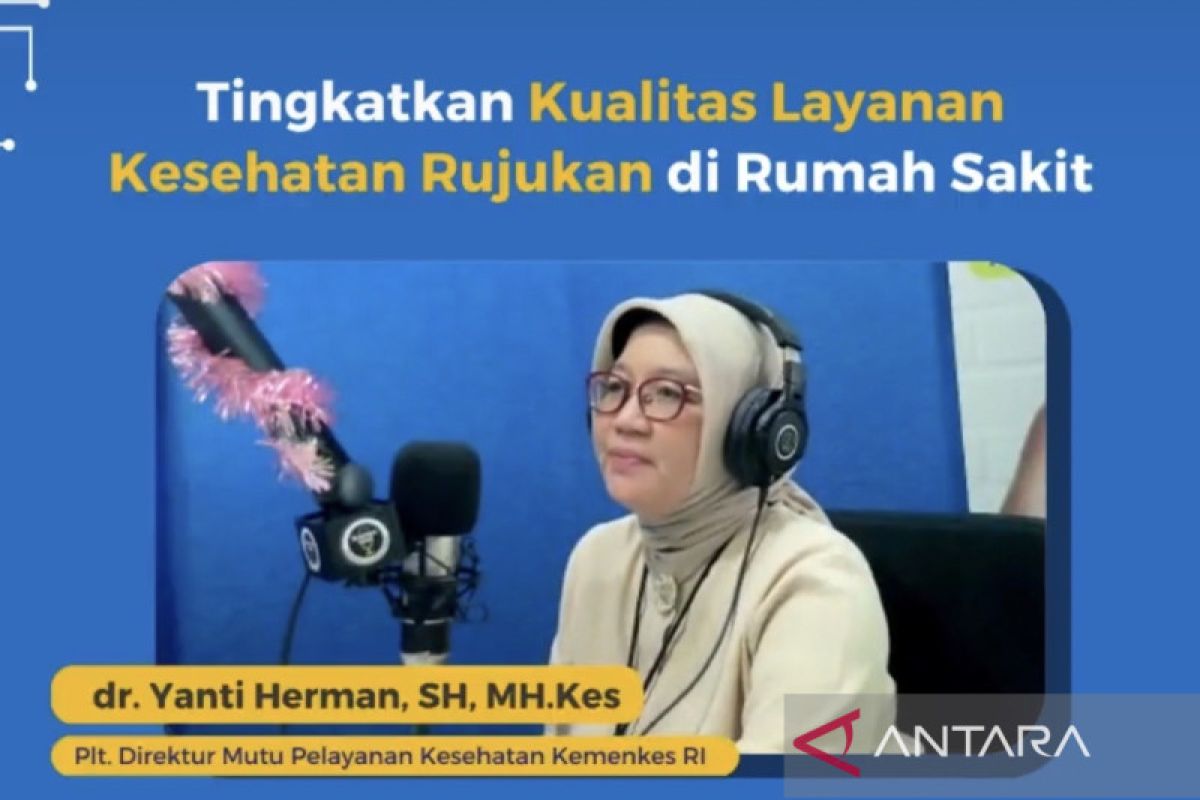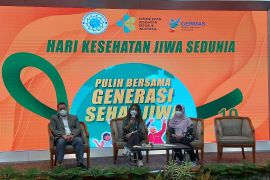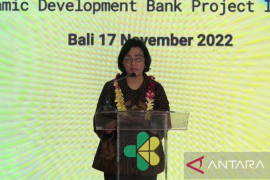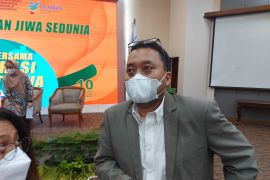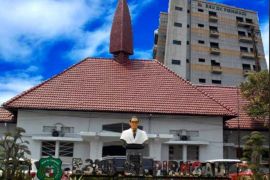During a ‘Healthy Broadcast’ program, which was followed online on Monday, she pointed out that the referral health service transformation aims to bring specialist and subspecialist medical services closer to the community.
Hence, her party is striving to realize equitable distribution of healthcare facilities to treat four NCDs, which, according to Basic Health Research (Riskesdas), have the highest mortality rate and involve the highest costs: cancer, heart disease, stroke, and kidney injury.
The ministry is also seeking to improve the networks of referral hospitals as well as the capabilities of provincial, district, as well as city hospitals.
In addition, the government will develop referral health service facilities in many remote areas without delay.
"If we only concern ourselves with establishing the services without strengthening the quality (of the services), the service will not be adequate and the community will not acknowledge it (the services) as high-quality services," the acting director said.
The Health Ministry is seeking to improve hospital services in Indonesia by collaborating with foreign hospitals to enable the transfer of technology and knowledge regarding hospital financial management, she added.
"The hospitals’ cash flow also needs to be improved because if the service is not bolstered by sufficient funding and other supporting aspects, it will not run optimally,” Herman explained.
“(Actually) there are still many other things that need to be transformed in this referral service, but we are focusing on some of these huge aspects first," she added.
Earlier, secretary general of the Health Ministry, Kunta Wibawa Dasa Nugraha, said that there are four NCDs that involve long medical treatment and high costs.
According to data recorded by the National Healthcare and Social Security Agency (BPJS Kesehatan) in 2022, the agency spent Rp12.14 trillion (US$790.86 million) on the treatment of 15.4 million heart disease cases.
It spent Rp4.5 trillion (US$293.15 million) for the handling of 3.1 million cancer cases, Rp3.23 trillion (US$210.4 million) for 2.5 million stroke cases, as well as Rp2.1 trillion (US$136.8 million) for 1.3 million kidney injury cases.
Related news: PeduliLindungi to transform into SatuSehat Mobile from March 1
Related news: Diagnosis quality can improve rare disorder treatment: minister
Translator: Hreeloita Shanti, Uyu Liman
Editor: Anton Santoso
Copyright © ANTARA 2023
